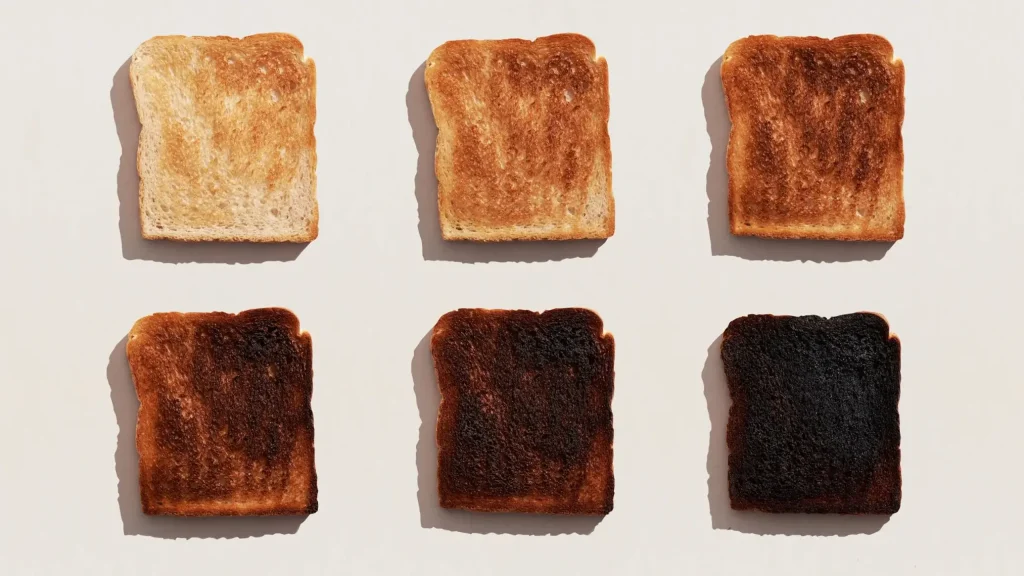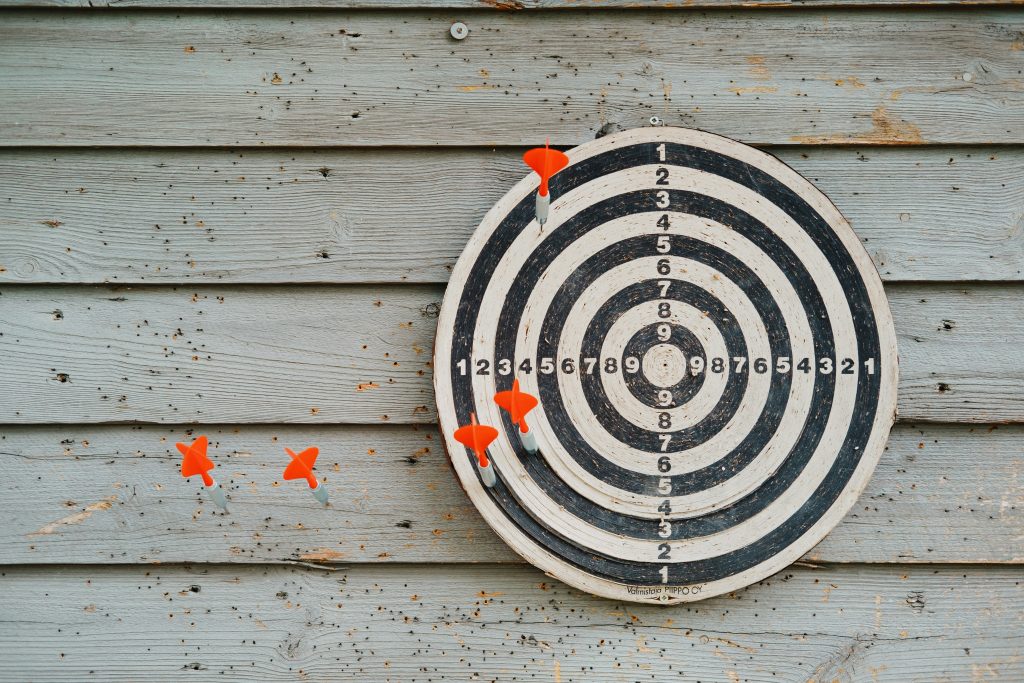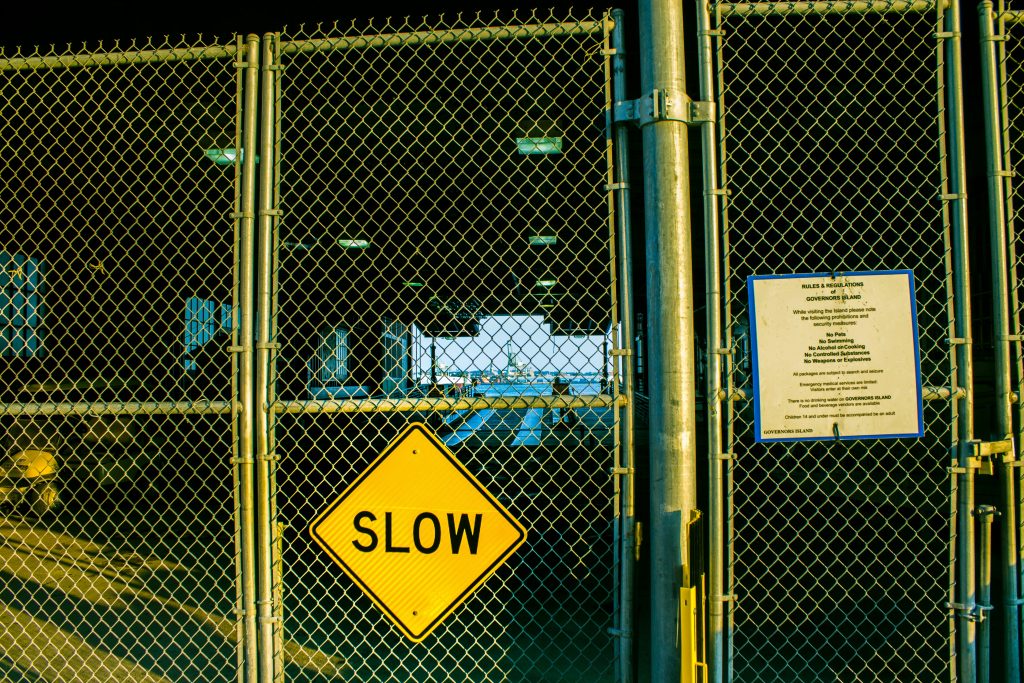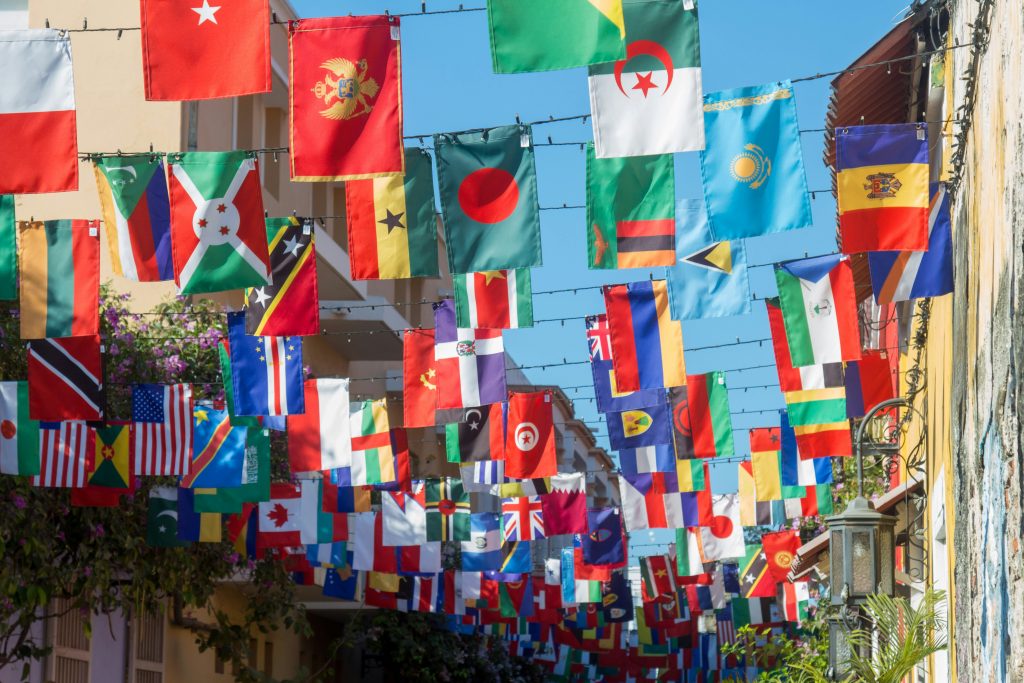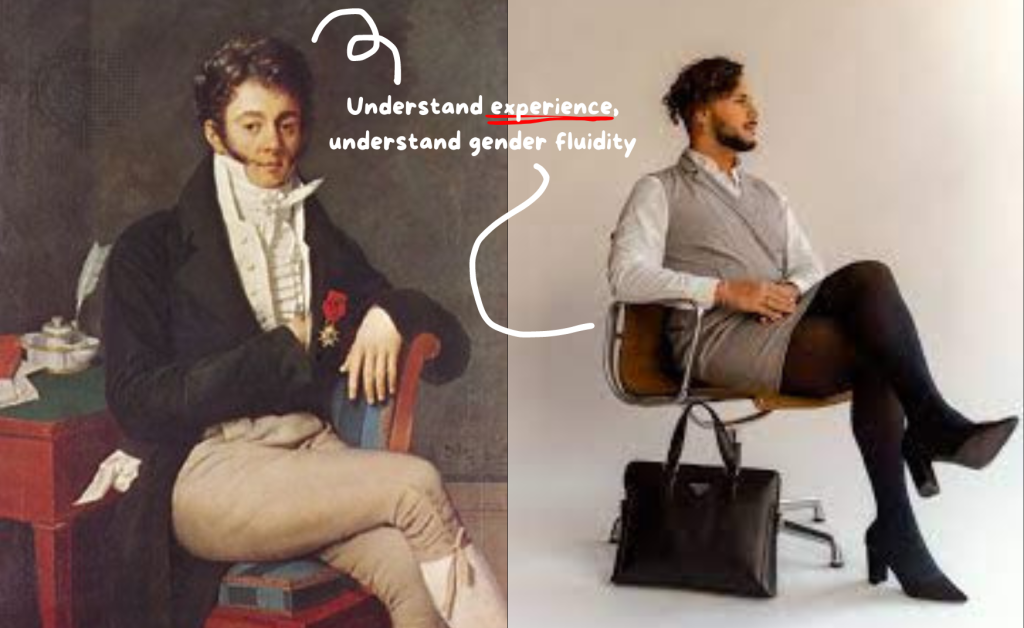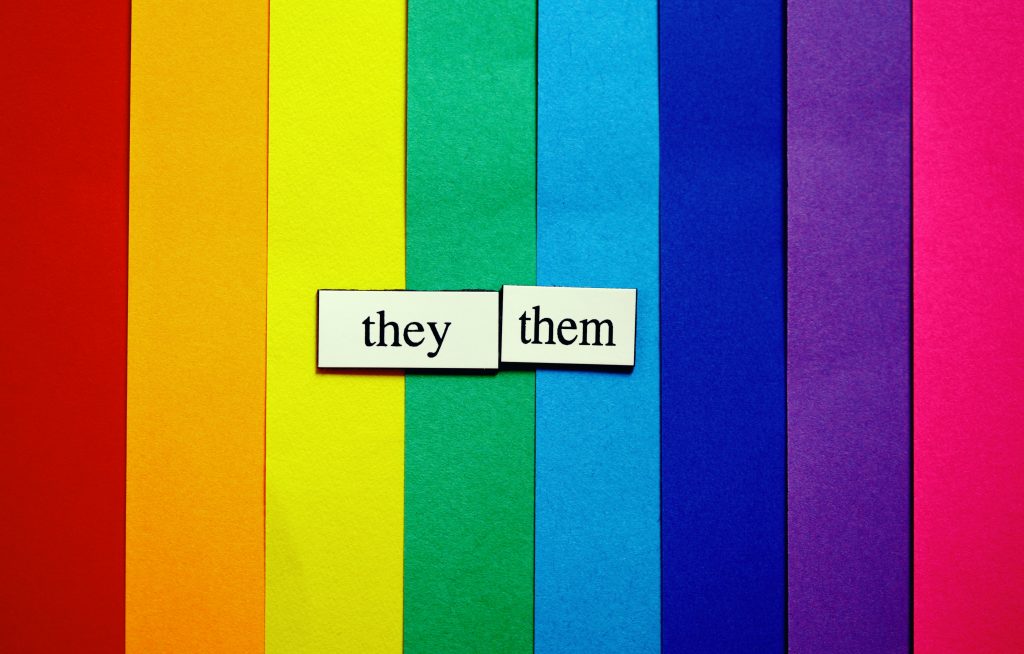
Serein Inclusion Team
3 min read
What we see online often plays a key role in breaking the mould of stereotypes. TV Shows have pushed forth in this domain, be it through the Chess masterpiece in the Queen’s Gambit or the Urdu dramedy in Chudails.
Trust is about confidence in others; psychological safety is about confidence in being yourself. Together, they shape open, resilient teams where people thrive.
Psychological safety is key for an essential workplace. According to Timothy R Clark's work, it is of four types: Inclusion, Learner, Contributer and Challenger safety.
- All
- People and culture
- Domestic violence
- Life at Serein
Diversity demands more than hiring quotas. It requires constant nurturing: inclusive culture, equitable growth paths, belonging & challenging biases daily to retain diverse talent.
Avoid performative gestures this Women's Day. Move beyond flowers & platitudes. Invest in equal pay, leadership pathways, safety policies & meaningful action year-round.
That startup idea with potential? It stalled, lacking diverse perspectives crucial for innovation & market fit. Homogeneous teams often miss key insights & opportunities.
A harsh truth for Indian women in law: significant underrepresentation persists, especially in senior roles & judiciary, despite qualifications. Barriers remain high.
Where are women in Indian science? Bias often overshadows merit, blocking entry & advancement. Recognising & dismantling systemic hurdles is essential for progress.
"Hey lady, drive faster!" reflects casual sexism Indian women drivers face daily – undermining confidence & reinforcing stereotypes. Respect & patience are non-negotiable.
Colourism in Kashmir reflects global biases, privileging lighter skin over diverse beauty. Is it representative of something deeper lying inside?
Financial literacy empowers marginalised groups to overcome systemic wealth disparities.
Subtle linguistic biases discourage women from asserting financial knowledge and authority.
Deep rooted biases and opaque systems sustain gender pay gaps despite policy efforts.
Understanding non binary identities requires centring personal narratives over binaries.
Linguistic gaps reflect cultural barriers to fully expressing queer identities in regional tongues. Here’s the rest of it:
Silence around domestic violence hurts workplaces too. Recognise signs, offer safe support systems & flexible policies to help survivors heal & retain employment.
India’s Domestic Violence Act protects both parties in live-in relationships. Understanding this legal recognition is crucial for safety & seeking rightful recourse.
Cinema often sensationalises domestic violence. Responsible storytelling should highlight realities, survivor strength & pathways to support, not perpetuate myths.
Gaslighting is psychological abuse making victims doubt their reality. Recognise manipulation tactics, trust your instincts & seek support to break free from this.
Women have the right to protection orders, residence, monetary relief & legal aid under India’s Domestic Violence Act. Knowing these enables survivors to be safe.
Consent & boundaries are key. Domestic violence shatters both. Rebuilding starts with respecting autonomy & recognising coercive control as a violation of rights.
A break doesn’t break your career. With patience, purpose, and a little ‘me time,’ a restart can be a reinvention – on your terms, in your time, with confidence.
Career breaks don’t erase capability. With experience, adaptability, and the right support, women returning to work can lead fast, thrive faster and uplift teams too.


